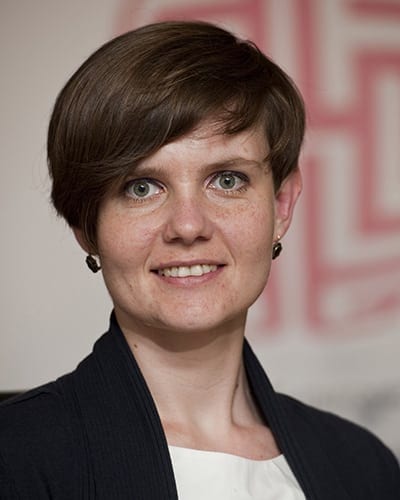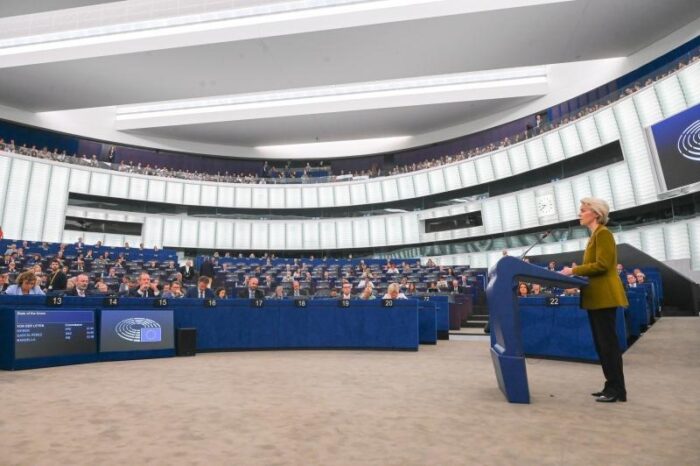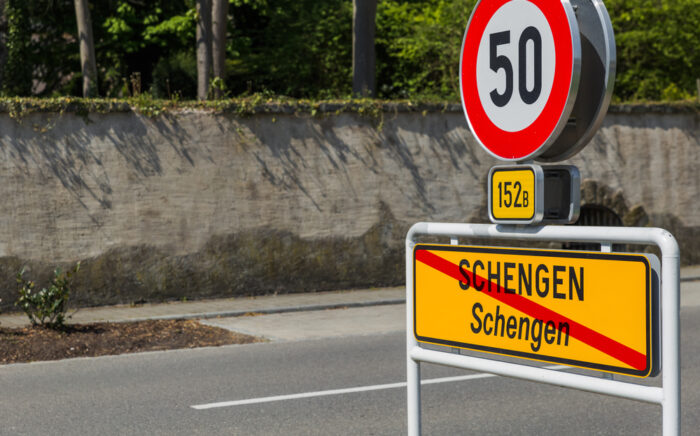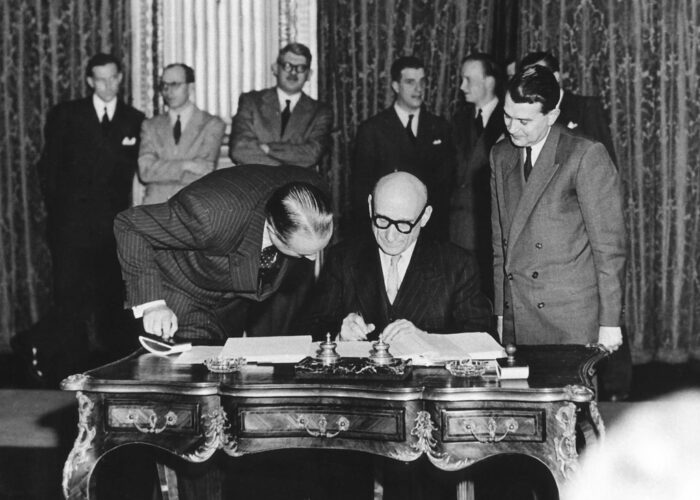The Progressive Post
Donald Tusk’s quadriga

On 1 January 2025, Poland took over the rotating presidency of the European Union for the second time. While this is not unusual for a member state, the exceptional aspect is that the Polish presidency will be led again by Donald Tusk. He was prime minister back in 2011 and returned to that position a year ago, having served as a European Council President in the meantime. He is determined to ensure that this is not about history making a loop but having Poland instigate the Union’s leap forward.
Evidently, according to the treaties, presidencies have limitations. During the preceding Hungarian presidency, it was often repeated that the member state holding the presidency is only meant to be a broker of compromises. Since forging EU-level agreements usually takes longer than six months, it is difficult, if not impossible, to derail the overall direction of the integration processes. However, one should not underestimate the growing politicisation of European affairs. Consequently, it is relevant that Donald Tusk was one of the only two sitting heads of government whose parties truly won the last European elections. He did not aim for any of the top jobs for his country or party representatives in the aftermath. However, he seems determined to use the presidency to imprint and popularise his ideas about the future of the EU. And so, he will drive the agenda befitting Europe that is overwhelmed by anxiety.
The presidency slogan ‘Security, Europe’ translates into seven priorities, each of which entails words such as ‘defence’, ‘protection’, ‘resistance,’ and ‘resilient’. In other words, rather than resolving to the role of negotiator, the Polish prime minister will try to position himself as a power broker in the first months of the functioning of the newly confirmed EU institutions. As such, he will stand for the EPP and conservative parties’ approach and for how these translate into policy priorities from the perspective of the country bordering on Russia, Belarus and Ukraine, traditionally pro-EU, pro-NATO and pro-US, as also interested in maintaining strong relations with the UK.
This duality is not to be underestimated, as the Polish presidency will be used both externally and domestically. The indication of how influential the latter will be is the inauguration gala that was organised with much splendour not in Brussels but in Warsaw in the Grand Theatre (National Opera House). That January night, the stage belonged to Donald Tusk and António Costa (and would have been shared with Ursula von der Leyen, if not for her illness), as they faced an enthusiastic crowd of close to 2,000 officials, politicians and activists. The person missing was President Andrzej Duda, who had gone skiing instead and whose office commented with rather unflattering words that they would not adhere to what they called a ‘Tusk show’. The stunt did not pay off, as the ensuing public debate placed Tusk as a European statesman and patriot, and the president again as lacking an understanding of raison d’etat. Not only is it a repulsive feature in itself, but even more so in the Polish context – where the EU is still seen as an aspiration. The negative impression, which is not a surprise remembering the relations between the president’s party (PiS, Law and Justice) and the EU, has not subsided even amid the recent election of former Prime Minister Mateusz Morawiecki as ECR party President. In that context, while everywhere else there might be worries about the EPP and ECR cousins, in the case of Poland, it will be quite the opposite, and the conflict will further escalate ahead of the Polish presidential elections, whose first round will be held on 19 May.
The choice of the Grand Theatre for the presidency’s opening stands for many symbols – and the Polish tend to be very attentive to these. The proof is the presidency logo, which aims to vaguely resemble the old icon of Solidarność and the proud tradition of breaking from the communist era. And also a very rich programme of events (bringing the new college of commissioners to Gdansk) and cultural activities, proudly promoted, among others, by Magdalena Sobkowiak, the undersecretary for European Affairs and, to a large extent, the presidency’s spokesperson. Launching the presidency in the National Opera House represents grandeur and bold ambition. It signifies the ability to restore – as the building was entirely destroyed during World War II and rebuilt bit by bit with the efforts of the entire society. This also echoes comments regarding the results of the last parliamentary elections of 15 October 2024 and the Polish return to a pro-European path of democracy. In addition, the impressive Apollo’s quadriga is loaded with sense. The sculpture was part of the initial design of the building but had to wait 177 years to be completed and unveiled in 2002, pointing to the fact that everything, even the most splendid, can be elevated to another level. In that sense, a fair question is in which directions will Donald Tusk and his team be steering the Union?
First, the Polish presidency must advance the debate on the Union’s capacity to act. While the war in Ukraine in Poland’s very close proximity, is a factor, there are many others, such as the uncertain future of the EU-US relationship against the background of President Donald Trump returning to the White House. The easiest answer is for the EU to get ready to defend itself, which is why the ‘relaunch of the defence union’ is at the top of the list of priorities.
Secondly, with Poland and Germany both facing crucial elections, there will be a push to protect democracy on the one hand and, and to eliminate the threat of external interference (by countries or social media moguls) on the other. This is one of the very few areas in which one of the two Donald Tusk’s coalition partners – Nowa Lewica – can have an impact, mostly via Deputy Prime Minister Krzysztof Gawkowski, who is also the minister for digitalisation and a cybersecurity expert.
Thirdly, one can expect the triggering of hard financial talks, not only because of the upcoming negotiations on the multiannual financial framework (for which the Polish Commissioner Piotr Serafin is in charge), but also because the defence union, the cutting off the dependence on Russian gas, financing enlargement and boosting competitiveness.
And fourthly, the Polish Presidency is unlikely to shy away from painful conversations, be it on the common agriculture policy, the Schengen area or EU enlargement. Ukraine, for example, expects this to be a momentum to open and finalise several accession chapters. However, even though the Polish government is unwavering in its support for the country’s EU accession, the Polish Minister for Foreign Affairs, Radoslaw Sikorski has also been very clear that an enlargement process rationale cannot be compromised, and that Poland should not be expected to forget any of its own strategic interests amid the negotiation.
For the European centre-left, the Polish presidency agenda is lacking on many accounts – starting from the social dimensions and finishing on the project of grand transformation. But Donald Tusk’s determination to make this presidency count, for Europe, his country and his entire European political family is evident. And while politics is becoming increasingly ruthless, he has no plan to concede. He will be proud, political and powerful. He will ride his quadriga and will not hesitate to speed up or overrun any obstacles.
Photo credits: European Union




